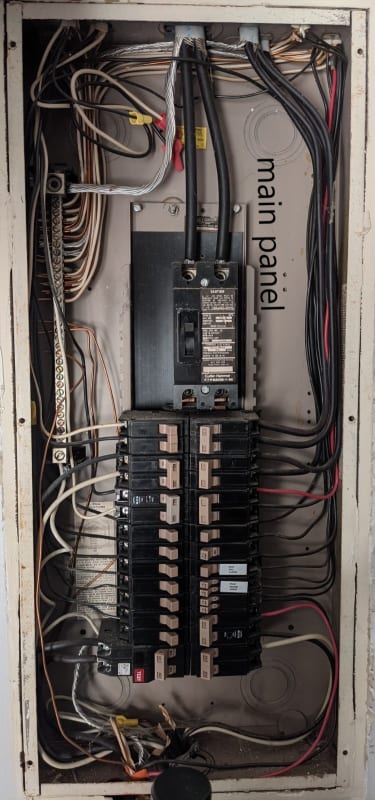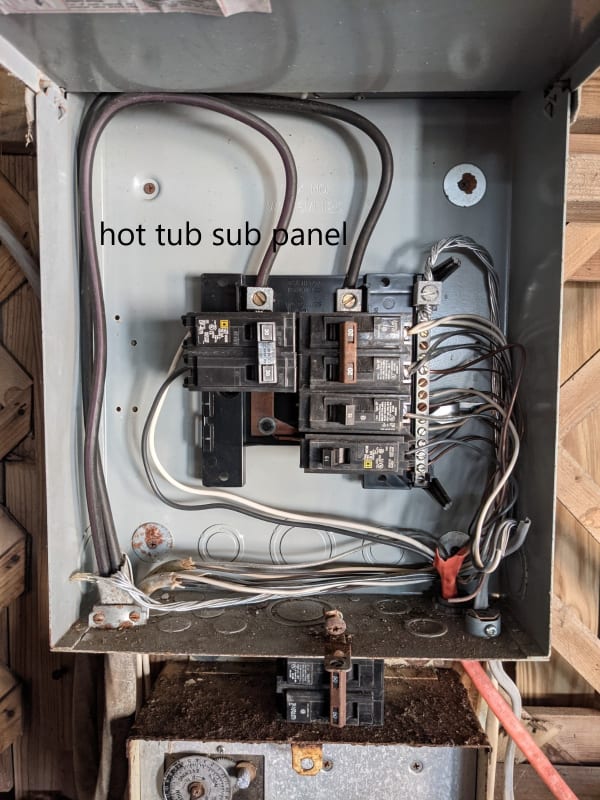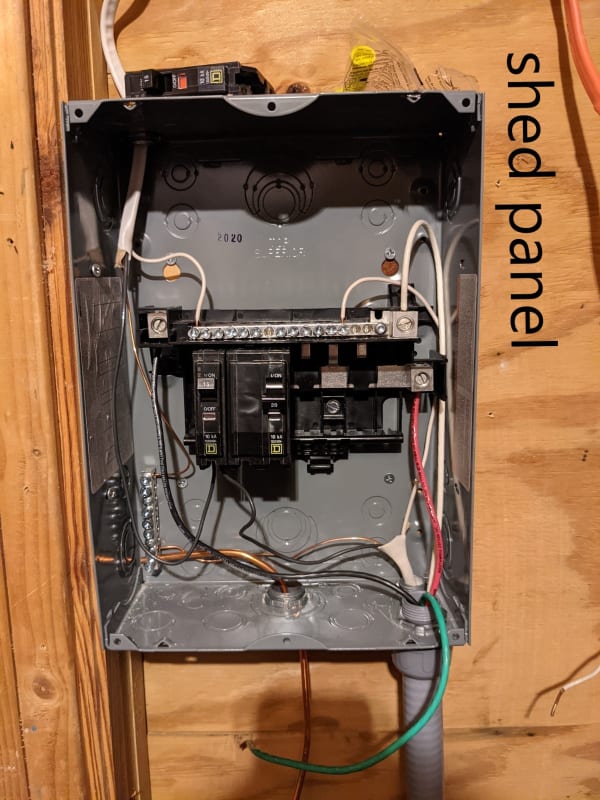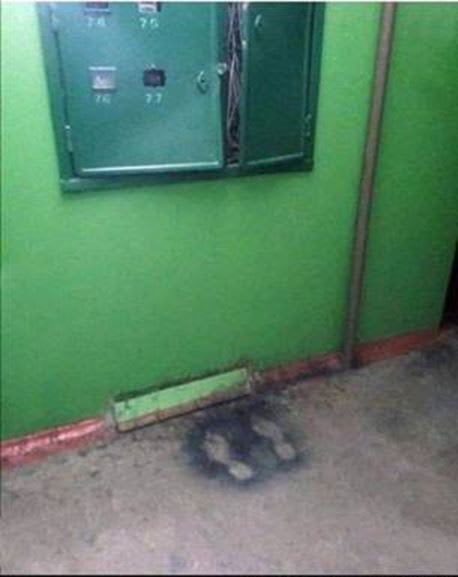michaelwoodcoc
Automotive
I'm not an electrical engineer but I thought I'd get better responses here than if I posted in the hobby section.
I'm having a strange issue and I'm a little tired to get my head weapped around it for the night so I figured I'd ask before I jump on it tomorrow.
My shed has a sub panel coming off a sub panel for the hot tub which is run off a GFCI breaker in the main panel. When the ground rod is connected in the shed, the GFCI trips. No ground rod, it doesn't trip.
I can measure .1 volts from either leg to the ground rod at the shed. I figured something wierd might be happening like my shed was conducting ground current from the house to the rod.
I pulled on the wire from the meter box to the ground rod and the wire just came out of the ground.
Also the main panel is not grounded like I'd prefer to see, but if it's supposed to be grounded at the meter that's fine I guess but it was not grounded at the meter, and the wire they used seems inadequate compared to the wire (#8 I think) that I used for the shed.
I had one ground rod left from the shed that has not been finished and I pounded it in near the meter box and grounded that wire for the night. GFCI still tripped but the ground rod by the shed is in much more moist soil so it's more conductive.
Much of the glaring problems I've already fixed. The wires from the spa panel to the shed are now THWN run in water right conduit, no rommex in conduit. Some I have yet to fix.
I'm just curious, is there something I'm totally overlooking here? It seems like I should not have the GFCI tripping, but I also need two ground rods for the main panel, can I just do that at the meter or do I need to have the panel attached directly to the ground rods?




Engineering student. Electrical or mechanical, I can't decide!
Minoring in psychology
I'm having a strange issue and I'm a little tired to get my head weapped around it for the night so I figured I'd ask before I jump on it tomorrow.
My shed has a sub panel coming off a sub panel for the hot tub which is run off a GFCI breaker in the main panel. When the ground rod is connected in the shed, the GFCI trips. No ground rod, it doesn't trip.
I can measure .1 volts from either leg to the ground rod at the shed. I figured something wierd might be happening like my shed was conducting ground current from the house to the rod.
I pulled on the wire from the meter box to the ground rod and the wire just came out of the ground.
Also the main panel is not grounded like I'd prefer to see, but if it's supposed to be grounded at the meter that's fine I guess but it was not grounded at the meter, and the wire they used seems inadequate compared to the wire (#8 I think) that I used for the shed.
I had one ground rod left from the shed that has not been finished and I pounded it in near the meter box and grounded that wire for the night. GFCI still tripped but the ground rod by the shed is in much more moist soil so it's more conductive.
Much of the glaring problems I've already fixed. The wires from the spa panel to the shed are now THWN run in water right conduit, no rommex in conduit. Some I have yet to fix.
I'm just curious, is there something I'm totally overlooking here? It seems like I should not have the GFCI tripping, but I also need two ground rods for the main panel, can I just do that at the meter or do I need to have the panel attached directly to the ground rods?




Engineering student. Electrical or mechanical, I can't decide!
Minoring in psychology


![[wink] [wink] [wink]](/data/assets/smilies/wink.gif)
